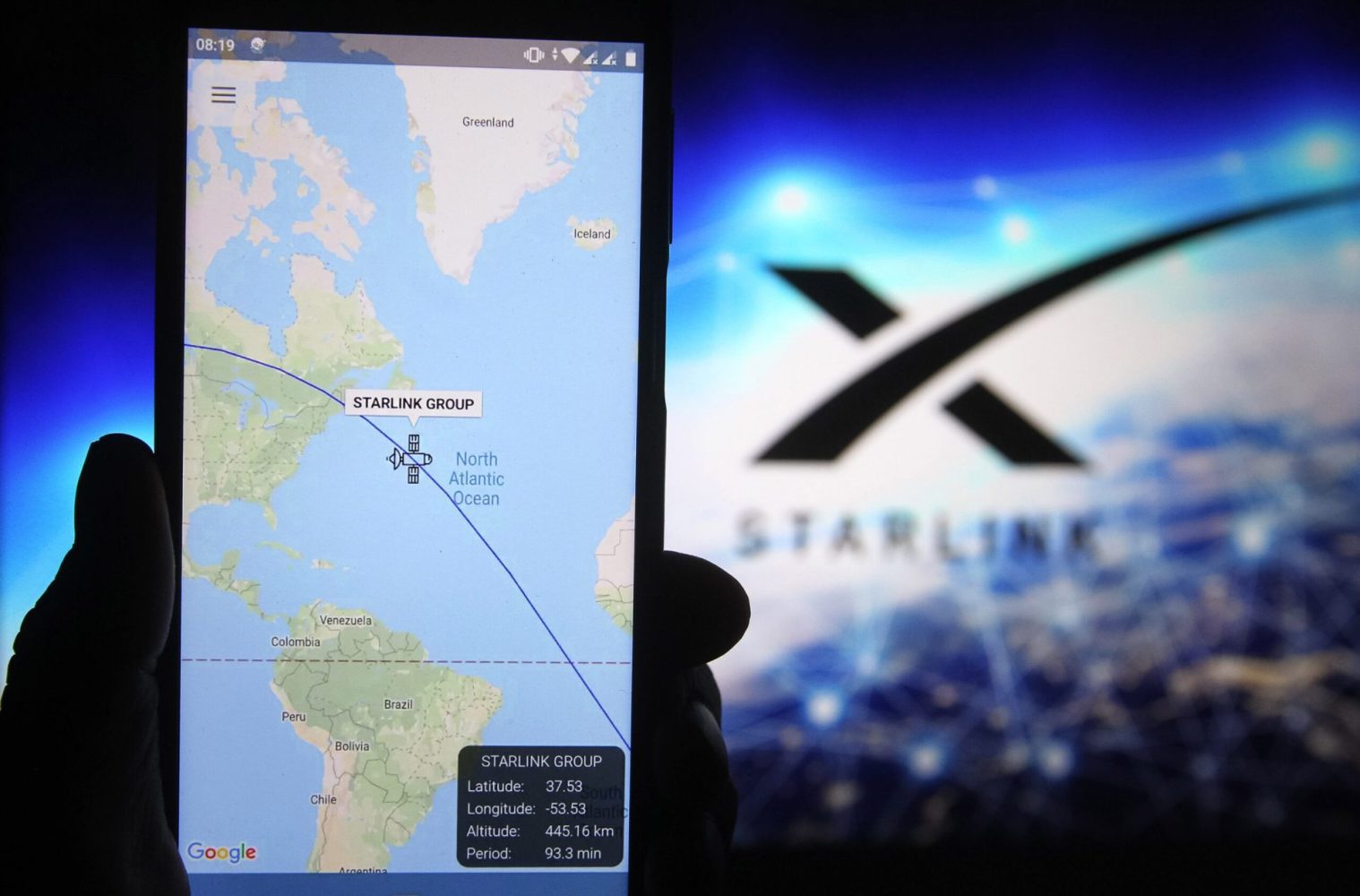Regulatory Watchdog Warns Against Usage Of Starlink In South Africa

The regulatory body overseeing telecommunications in South Africa, the Independent Communications Authority of South Africa (Icasa), has recently raised concerns regarding the legality of utilizing or providing access to SpaceX’s Starlink services within the country.
This cautionary notice, officially published in the Government Gazette, emphasized the need for compliance with existing regulations and licensing requirements. Acting chairperson Yolisa Kedama signed the directive, highlighting Icasa’s responsibility to ensure fair participation and competition within the market, safeguarding both licensees and consumers.
According to Icasa, providing broadcasting and electronic communications services without the necessary service and radio frequency spectrum licenses is in direct violation of the Electronic Communications Act. The Act stipulates severe penalties, including fines of up to ZAR 5 M or 10 percent of annual turnover, for offenders continuing such activities.
Moreover, the authority highlighted the importance of using only approved electronic communication equipment to prevent interference in the radio frequency spectrum. It cautioned against using unapproved devices like certain Starlink equipment, citing potential risks to functionality and consumer safety.
Interestingly, while some Starlink equipment, such as the Ka-band, V3 Earth Station Gateways, and routers, have received type approval in South Africa, the dish antennas are yet to obtain similar recognition.
However, the process to obtain the required licenses, Individual Electronic Communications Service (I-ECS) and Individual Electronic Network Service (I-ECNS) licenses, remains somewhat convoluted. Icasa issues specific invitations to apply for these licenses, with the last invitation being extended over a decade ago.
Despite calls from industry players, including the Internet Service Providers Association of South Africa (Ispa), for Icasa and the communications minister to address these licensing challenges, the situation persists. Small and medium-sized enterprises (SMMEs) in the telecom sector particularly face hurdles in acquiring licenses due to high prices set by existing license holders.
The regulatory landscape in South Africa’s telecommunications sector continues to pose challenges, with the need for more accessible and equitable licensing processes remaining a pressing concern for industry players and potential service providers alike. Workarounds have emerged to eschew the perceived stumbling blocks, as have attempts to curtail them.
Earlier this year, South Africa’s telecommunications regulator demanded that a local Internet service provider (ISP) stop importing Starlink kits on behalf of its customers and cut them off from the satellite broadband service. Northern Cape-based IT Lec received a letter from Icasa with the instruction back in August, reports Mybroadband.
“IT LEC (Pty) Ltd should, within three days of receipt of this letter, stop and refrain [from] acquiring, distributing and facilitating sale of any Starlink products in South Africa, that will in any form provide satellite access to the Starlink services,” the letter stated.
The regulator’s demand implied that IT Lec had to cease buying Starlink kits from other countries where the service was already live and cut off all Starlink services to its customers in South Africa from Thursday, 17 August 2023. It followed discussions between the ISP and Icasa several weeks prior, in which the regulator sought clarity on the service.
In Africa, Starlink’s broadband services are available in Nigeria, Kenya, Mozambique, Rwanda, Malawi and Zambia, with many more countries due to launch services in 2024. However, South Africa, one of Africa’s top IT markets, remains conspicuously absent in the rollout of the satellite-based internet service notably championed by prominent tech billionaire Elon Musk. Regulatory disputes are at the heart of the matter.
Nevertheless, South African ISPs have resorted to importing Starlink kits on behalf of thousands of customers over the past several months, bringing up further attempts at a clampdown.